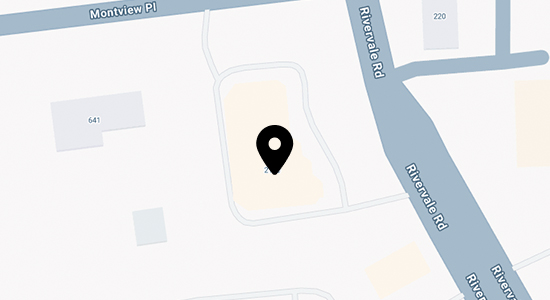- Contact Us Now: (201) 494-2800 Tap Here To Call Us
New Jersey Enacts Permanent Rules Allowing Remote Online Notarization

Methods for getting a document notarized were changed temporarily at the outset of the pandemic because it was not practical – or at times even possible – to meet with a notary public in person. Now New Jersey is making that temporary solution permanent. Signed into law on July 22, 2021 and effective October 20, 2021, A-4250/S-2508 permanently authorizes online remote notarization, allowing notarizations to occur using widely available services like Zoom, Microsoft Teams, WebEx or even FaceTime. Under previous rules, a notary public was required to be in the physical presence of a person signing a document to notarize their signature. Now, when the signatory is not in the notary’s physical presence, the notary may nonetheless perform a notarial act using “communications technology.” Communications technology encompasses any electronic device or process that allows a notary and a remotely located individual to communicate with each other simultaneously by sight and sound or, if the individual is impaired as to sight, hearing or speech, facilitates communication between the notary and signatory. Of course, the notary still needs personal knowledge or satisfactory evidence of the individual’s identity.
Possible Drawbacks
While remote notarization increases an individual’s access to notaries, this accessibility is not without drawbacks. Under the law, the video recording of a remote notarization must be retained by the notary for at least 10 years. This requirement may increase the cost of providing notarization services. Individuals and institutions providing notary services may not wish to assume the responsibility and potential liability of storing videos for a decade or more.
Witnesses to a Will
An added wrinkle, specific to the estate planning arena, is that the additional formalities for signing a valid will are best handled in-person. It may be surprising to learn that a will need not be notarized to be valid. However, what is indispensably necessary for a valid will are the signatures of two witnesses (except in the case of a will that is not properly signed by two witnesses, but which may be treated as a valid will if the signature and material portions of the document are in the testator’s handwriting pursuant to N.J.S.A. 3B:3-2). This means that, in most cases, two individuals must be present to observe the testator sign the will and then sign the document as witnesses. If two individuals are not present when the will is signed, it will still be valid if two individuals sign as witnesses within a reasonable period of time after the testator acknowledges the will or signature. Again though, neither the testator’s signature, nor the witnesses’ signatures, must be notarized for the will to be valid. However, in addition to signing the will, a competent estate planning attorney will advise the testator and witnesses to also sign a self-proving affidavit – a document attached to the will that eliminates the need for the witnesses to appear and attest to the legitimacy of the will when it is submitted for probate. In contrast to the required signatures on a will, which do not have to be notarized, the signatures on a self-proving affidavit must be notarized for the document to be valid. If the witnesses do not sign a will at the same time as the testator or each other, this would mean three separate notarizations would be required. If those are remote notarizations, three separate videos would each have to be stored for a decade, in addition to all the other logistical issues of arranging the signatures. Even if you are able to arrange remote notarization of your signature on a self-proving affidavit, you still must have two individuals with you to witness you signing your will. If the two witnesses are not with you when you sign the will, then the witnesses will have to have their signatures notarized separately. Those who have had a will prepared by an attorney may recall that the process was relatively simple as many lawyers and law firms provide a notary public and the individuals to witness the will signing.


